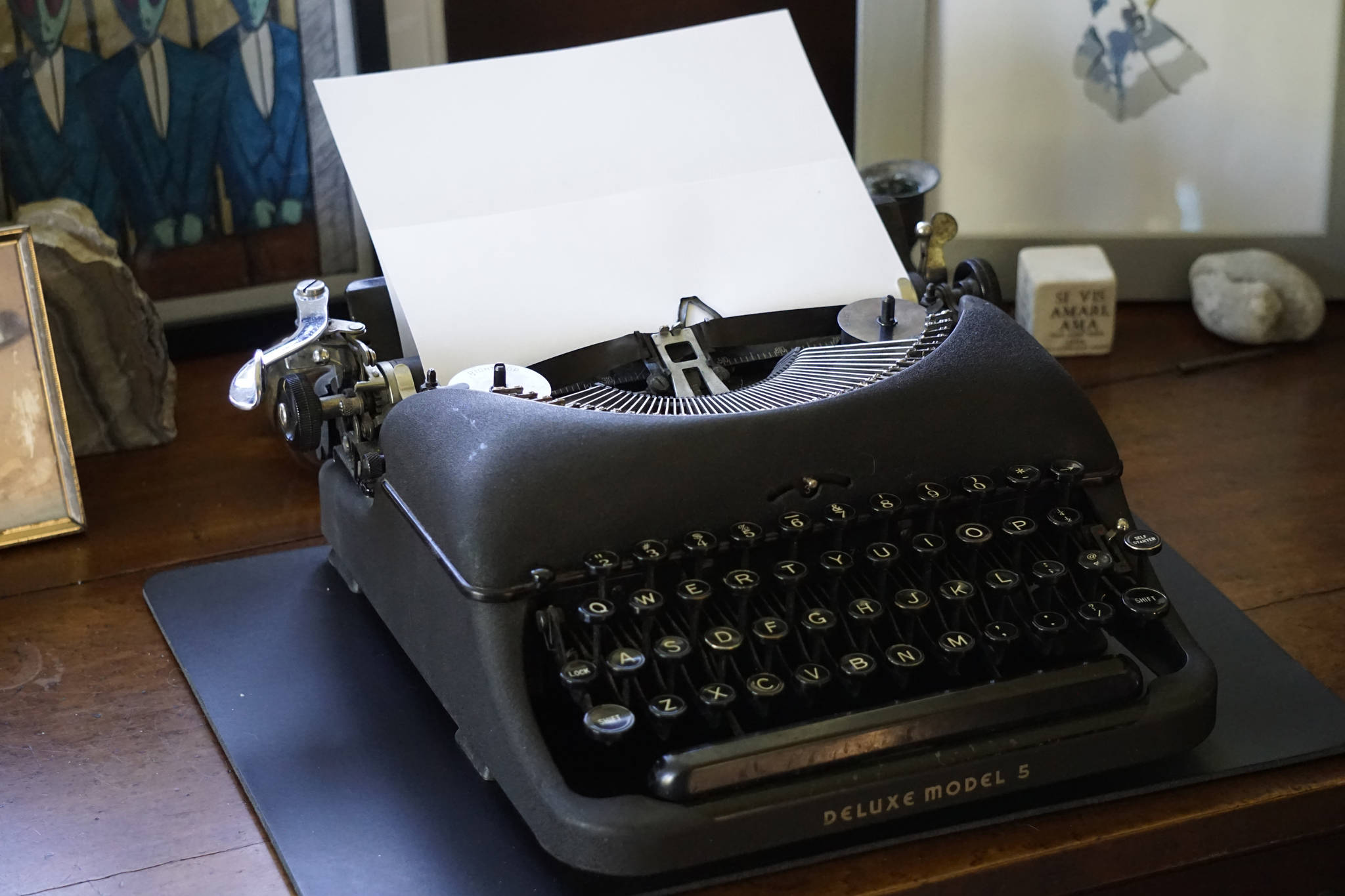In my other writing career I write science fiction. That art has come out of a near lifetime of reading science fiction and pondering the future. To paraphrase the science fiction writer Frederick Pohl, I examine the futures we are making to see if we want to live there.
In the midst of the COVID-19 pandemic, I see several futures, many of them extremely unpleasant.
As I write this in the first week of school and other public facilities closures, I must admit the inadequacy of my science fictional prophetic powers. Will American be like China and emerge from weeks of imposed social distancing with much illness and some death? Will we be like Italy, now facing a horrible public health crisis where hospitals have been overwhelmed, and doctors must make hard decisions about who gets basic medical care like ventilators?
I don’t know. By the grace of God and lots of hand washing, I hope we survive with few dead or sick.
Alaska, many other states and our federal government have made the right decision to minimize exposure — social distancing, as the public health experts call it. With thousands of families returning from spring break vacations, the Kenai Peninsula Borough School District, the University of Alaska and Gov. Mike Dunleavy have wisely closed schools to students. That will keep large groups from mingling and potentially catching COVID-19 from those who have picked it up on their travels.
Churches, libraries, cafes and other public facilities also have closed or limited service on the same theory. Yes, some people will get infected, but it will be fewer. Most important, those who might get a mild exposure, or who may not even know they have COVID-19, will not transmit it to vulnerable people like elders or people with underlying health conditions. If we slow down exposure, we also flatten the curve — another public health catch phrase — and spread out the impact on our health care system.
The Alaska Department of Health and Social Services and the Centers for Disease Control also has recommended that people avoid large crowds, consider working at home and take measures to minimize the spread of disease. People who have returned from travel overseas are being asked to stay at home for 14 days. People who have traveled to the Lower 49 also are being asked to limit contact.
In short, for the next two weeks and perhaps longer, we will be stepping back from social contact. The Winter King Tourament has been postponed. Sports events have been cancelled. Churches are not holding public services. Think of it as a big blizzard that has blown in, with the roads unplowed and being forced to stay at home while we slowly dig out.
Hopefully, everyone has already taken the advice of the CDC and stocked up on food, medicine and other supplies. Looking at the bare shelves of paper goods at the store, if toilet paper will save us, we’re well prepared. I hope people have lots of books, games, puzzles and other activities to keep you entertained.
We could call this the Great Reset, when we dial back from our busy lives and share time with those who matter: family, close friends, pets and neighbors. The elderly and vulnerable who cannot get out will need our help if they run low on food. We may need to check in and phone people, if only to hear other human voices. Music can help, recorded or performed.
Get outside and ski, snowshoe or walk. Enjoy the coming warmth of spring. Breathe in fresh air. We’re lucky enough to live in a place where we can do this without getting too close.
This pandemic is not a hoax. It is not hype. COVID-19 has and will maim and kill. We have no miracle cure, no vaccine yet. We have no natural immunities. That is why public health officials look so grim, and why our (mostly) wise political leaders have taken their advice seriously.
As the son of a public health doctor, and the brother of a sister with a doctorate in public health, I take faith in that good advice. I think that if we embrace this as the true crisis it is, we can endure. We can survive. We can moderate the effect of the pandemic so it does not overwhelm our public health system.
Homer can take faith in our strong community and our resiliency. We will survive. We will endure.
To show that we remain strong, I think we should do like we did after the events of Sept. 11: Fly the American flag to show we survive. If you’re in Canada or Mexico or Norway or France or wherever you live overseas, fly a flag to show you’re strong. This is a world crisis that brings us together.
The future we are making will be unpleasant, but it need not be grim. That is the future I hope we create and the best possible future to live in.

